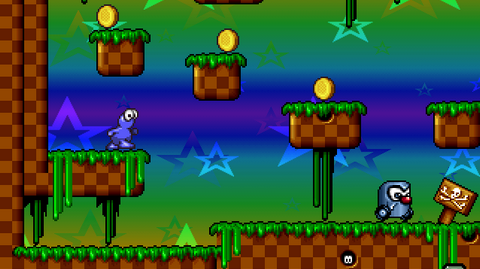Primoz Gabrijelcic have published a steady stream of examples since we released Smart Mobile Studio to the test group. This time he has coded a very nice app that demonstrates using the accelerometer and getting the orientation vectors of your iPhone or iPad.
You can find the acceleration demo here. Also make sure you checkout Primoz website for interesting articles, advanced code and knockout components




